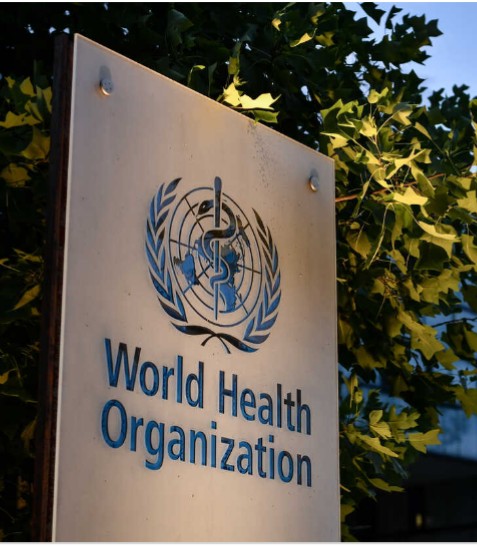|
Getting your Trinity Audio player ready...
|
By Joyce Mukucha
Despite efforts governments are making in prioritizing public health measures to protect their people from climate impacts, many lack the funds to take effective action with a potential missed opportunity to identify and optimize the health benefits of adaptation and mitigation efforts in other sectors, said the 2021 World Health Organization (WHO) health and climate change global survey report issued on Monday.
The report was launched at the COP26 UN climate change conference in Glasgow, Scotland, which aims to limit global temperature rise to 1.5 degrees Celsius in line with the Paris Agreement.
The global report which covers 95 countries highlighted that about half of surveyed countries (52%) report that the Covid-19 pandemic has had a significant impact on their work to protect health from climate change, diverting health personnel and resources and slowing the implementation of protective measures.
It pointed out that only around a quarter of country respondents have taken the opportunity to include climate change and health considerations in their plans for recovery from Covid-19 and have been able to fully implement national health and climate change plans or strategies.
Countries report that a lack of funding; the impact of COVID-19; and insufficient human resource capacity are major barriers to progress with some 70 per cent have cited it as a stumbling block, up from 56 per cent two years ago.
According to the report, other countries highlighted that if there was enough funding, it could have fed into a clean, healthy recovery from Covid-19: structural and social determinants of health, such as education, equity, gender, urban planning, housing, energy and transportation systems was represented in fewer than half of the established multisectoral mechanisms.
WHO Director of Environment, Climate Change and Health, Dr. Maria Neira said the survey highlights how many countries are left unsupported and unprepared to deal with the health impacts of climate change.
“We are here at COP26 to urge the world to better support countries in need, and to ensure that together we do a better job of protecting people from the biggest threat to human health we face today,” Dr Neira said.
Dr Neira added that health arguments for increased climate action are very clear, as it is the most disadvantaged groups in society who are at greatest risk, such as ethnic minorities, poor communities, displaced people, older persons, and women and children.
“For example, almost 80 per cent of deaths caused by air pollution could be avoided if current air pollution levels were reduced to the WHO Air Quality guidelines.”
The global report also pointed out that about two-thirds of surveyed countries have conducted a climate change and health vulnerability and adaptation assessment or are currently undertaking one, while virtually all (94%) countries incorporate health considerations in their nationally determined contributions (NDCs) to the Paris Agreement.
The report highlighted that less than 40% of countries include weather and climate information in their health surveillance systems for climate-sensitive diseases. Most commonly countries have climate-informed health surveillance systems for vector-borne, waterborne, airborne or respiratory diseases.
It highlighted that only one-third of surveyed countries have climate-informed health early warning systems for heat-related illness (33%) or injury and mortality from extreme weather events (30%) despite strong evidence that these risks are increasing around the world.
The Technical Officer at the WHO Department of Environment, Climate Change and Health and lead author of the survey report, Tara Neville said, “The challenge now is to remove the barriers that are preventing countries from finalizing and implementing plans.”
The report was first published in 2019 and this second edition provides a valuable snapshot of the overall progress governments have made in addressing the health risks of climate change.






